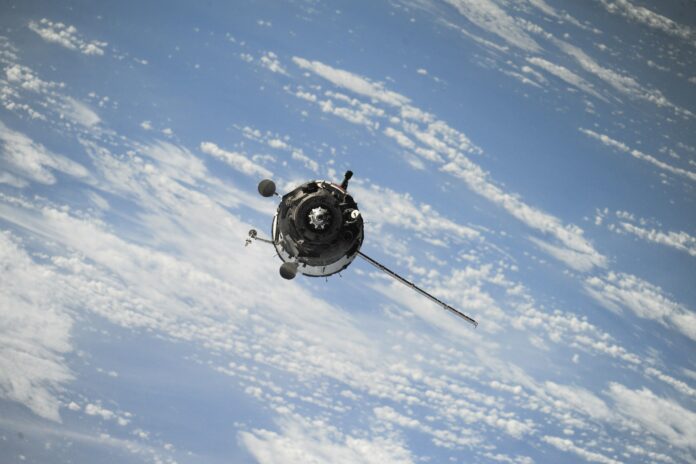Astroscale’s satellite captures close-up images of a 15-year-old rocket segment, marking a significant milestone in space debris management
In a groundbreaking mission, a satellite operated by the Japanese company Astroscale has successfully rendezvoused with a large piece of space debris, capturing detailed images of the discarded rocket segment. The object, part of Japan’s H-IIA launch vehicle used in 2009, measures approximately 11 meters by 4 meters and weighs three tonnes. This event marks the first time a satellite has managed to closely approach such a substantial piece of orbital debris.
The satellite, named Adras-J (Active Debris Removal by Astroscale-Japan), utilized advanced cameras and algorithms to safely navigate close to the debris, which is located about 600km above Earth. The mission’s primary goal is not to remove the debris but to test the technology required for future debris removal operations. Astroscale is developing a business model that would offer debris removal services to other entities, aiming to mitigate the risks associated with space junk.
Embed from Getty ImagesThe issue of space debris has become increasingly pressing as the orbit around Earth becomes cluttered with defunct satellites, spent rocket stages, and other fragments. This debris poses a significant risk to operational satellites and space missions, with potential for catastrophic collisions.
Astroscale’s mission involved meticulous planning and coordination. The satellite’s approach was managed to avoid any contact with the rocket segment, which is slowly spinning end over end. The mission control operations were conducted jointly from Tokyo and Astroscale’s British base in Harwell, Oxfordshire, showcasing an international collaborative effort.
In the coming weeks, Adras-J will continue to monitor the rocket segment, analyzing its structural condition, spin rate, and axis. The mission will also include an experiment to attempt slowing down the tumbling rate of the rocket stage by firing thrusters in a direction opposite to its spin, demonstrating a novel method to stabilize such debris.
Astroscale’s efforts are part of a broader international push to address the growing problem of space debris. Experts agree that proactive measures are needed to prevent a potential cascade of collisions in orbit, which could severely hinder future space exploration and satellite operations.
This mission not only highlights the technical capabilities of Astroscale but also underscores the urgent need for global cooperation in space sustainability practices. As more companies and nations venture into space, the responsibility to maintain a clean and safe orbital environment becomes increasingly crucial
